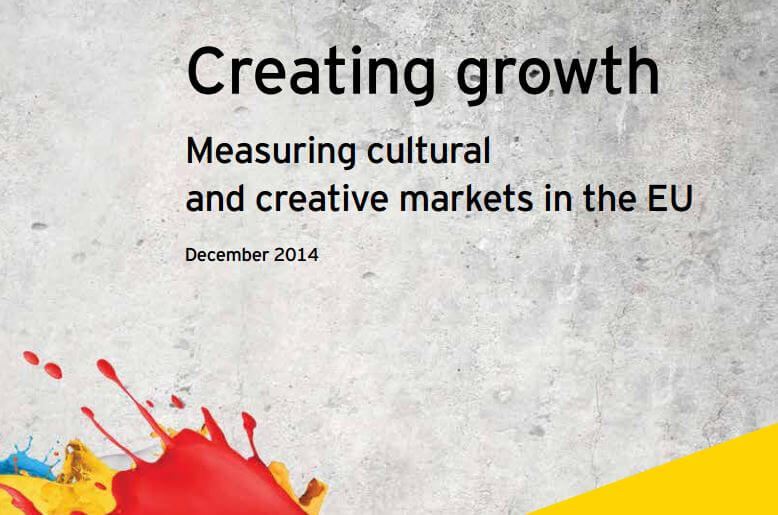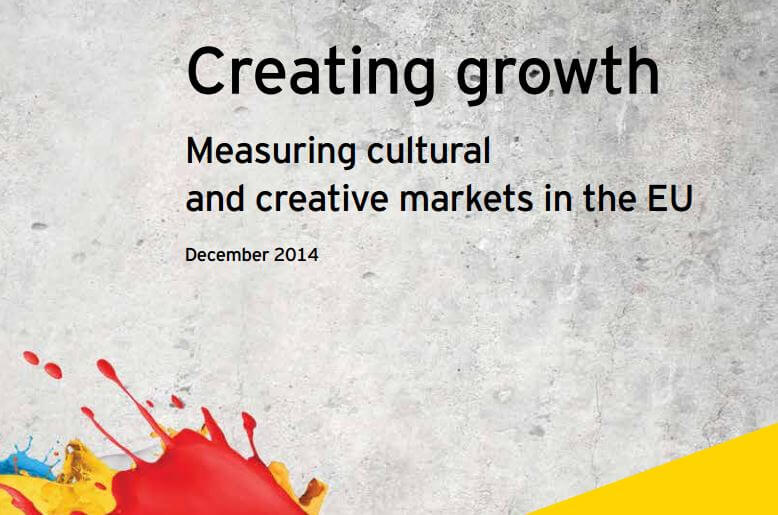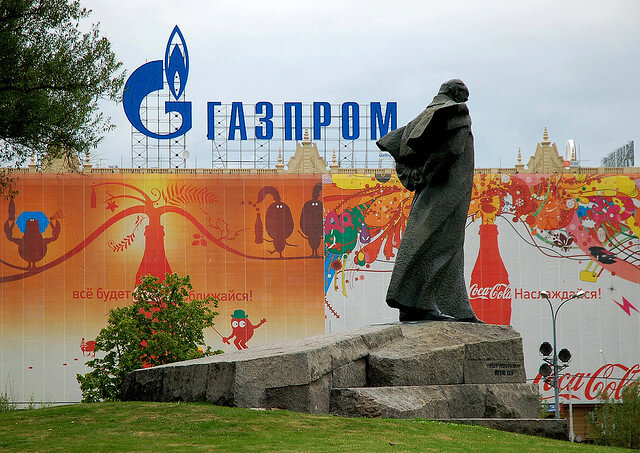Hashtags enter the bookstores

Today in Paris, 21 January 2015, the EIBF is launching its #mynextread campaign. Bringing together booksellers in the EU and beyond, #mynextread is a multi-faceted campaign entirely developed at the initiative of EIBF aiming to energize the retail book sector and inspire a new generation of readers. Social media are where we are. And #mynextread is where bookshops and social media meet.
“Read what you want, when you want, in whatever format you want” is the #mynextread message. The goal is to promote access, choice and sustainability within the book trade.
Booksellers and readers have been put at the heart of the campaign and #mynextread is for them.
All booksellers, on an individual basis, are invited to join the campaign. Participation is free, and EIBF provides participants with free templates and personalized bookmarks with bookshop logos, bags and
tee-shirts with the form available http://eibf-booksellers.org/links
Readers are invited to spread the word through their social media accounts.
Available on Facebook, Twitter and Instagram #mynextread accounts only ask to be fed by users’ reading experiences.
The formula is simple: take a selfie of your next read, share it online and spread the word!
So, what will be your next read? Share it on #mynextread.
The #mynextread campaign will help to equip EIBF to engage with EU decision makers in working
towards maintaining a vibrant bookselling sector in a dynamic, culturally diverse world.
Spread the word!
For further information: info@europeanbooksellers.eu
Or visit: www.mynextread.eu







